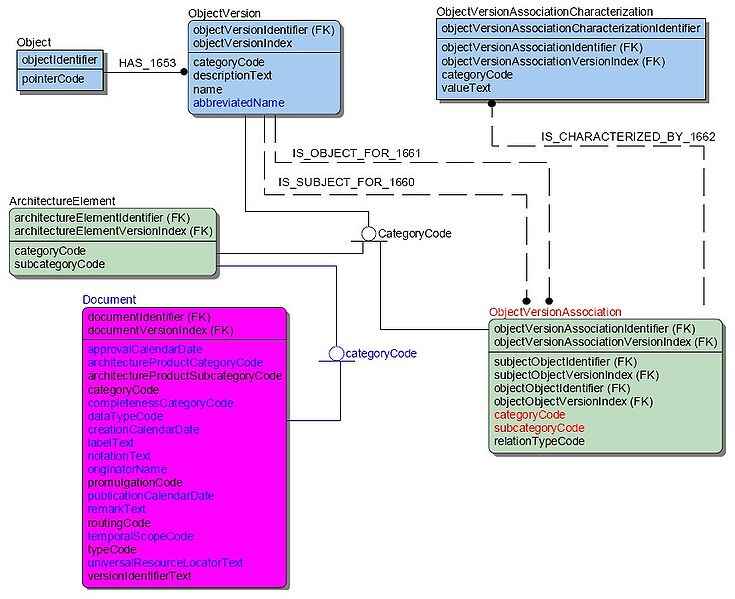Organic Solar Cell Meaning Explained
Organic solar cell (OSC), or organic photovoltaic cell (OPV), is a renewable energy technology that makes solar panels from organic polymers, which trap and convert solar energy to electricity through the photoelectric effect [2]. This article discusses organic solar cell meaning, from various perspectives.
Organic Solar Cell Meaning: 6 Ways to Define the Organic Solar Cell
Organic solar cell may be described as a photovoltaic device that depends on the light absorption and conversion capabilities of organic polymers to generate electricity from solar energy.
As the above definition implies, the sole purpose and importance of organic solar cells is electricity generation.
Organic solar cell technology is one of the outcomes of efforts to achieve sustainable development and circular economy in the energy sector. It combines renewable technology with energy efficiency and energy conservation capabilities.
Also, the advancement of organic solar cell technology is driven by, and related to, other technological developments in other areas such as energy management systems, smart grid, smart house, and artificial intelligence.
Being a renewable technology itself, we can relate OSC devices to other renewable technologies including conventional solar panels, wind turbines and wind farms, wave power converters, biofuel power plants, hydroelectric facilities and geothermal plants.
An organic solar cell works by an organic mechanism of photoelectric conversion that slightly resembles natural photosynthesis in plants [4]. The following organic solar cell meaning portrays this further;
Organic solar cell is a renewable technology that works based on an organic-electronic process whereby solar energy is absorbed by layers of organic polymer that produce, accumulate, and transmit charges [3]. An alternative organic solar cell definition is given below, based on the types of organic solar cells;
Organic solar cell is a type of solar cell that is based on organic materials, and may be of single-layered, multi-layered, tandem or thin-film types.

The benefits or advantages of organic solar cells can be used to outline an alternative organic solar cell meaning, as shown below;
An organic solar cell is a renewable technology based on organic electronics and photoelectricity, and whose benefits include environment-friendliness, interoperability, light weight, semi-transparency, and high efficiency.
The following organic solar cell meaning highlights its range of energy efficiency;
Organic solar cell is a photoelectric unit that ranges in efficiency from 10-25%, and which uses organic materials to absorb and convert solar energy to electricity.
Lastly, organic solar cell definition is outlined based on the composition of these cells;
An organic solar cell is a type of photovoltaic cell that is made from metallic conductors like indium tin oxide (ITO), and organic electronic materials like polyflourenes and phthalocyanine [1].

Conclusion
An organic solar cell is a photovoltaic unit made from organic semiconductors, which generates electricity based on a photosynthetic model of photoelectric conversion.
The organic solar cell meaning can be outlined based on composition, application, benefits, efficiency, types, and working principle.
References
1). Du, C.; Yu, J.; Huang, J.; Jiang, Y. (2011). “Organic Solar Cells Using Tin (II) Phthalocyanine as Donor Material.” Energy Procedia 12:519–524. Available at: https://doi.org/10.1016/j.egypro.2011.10.070. (Accessed 13 September 2022).
2). Hoppe, H.; Sariciftci, N. S. (2004). “Organic Solar Cells: An Overview.” Journal of Materials Research 19(7). Available at: https://doi.org/10.1557/JMR.2004.0252. (Accessed 13 September 2022).
3). Stellmach, K. (2021). “What can organic solar cells bring to the table?” Available at: https://www.greenbiz.com/article/what-can-organic-solar-cells-bring-table. (Accessed 12 September 2022).
4). Vohra, V. (2018). “Natural Dyes and Their Derivatives Integrated into Organic Solar Cells.” Materials 11(12):2579. Available at: https://doi.org/10.3390/ma11122579. (Accessed 13 September 2022).

